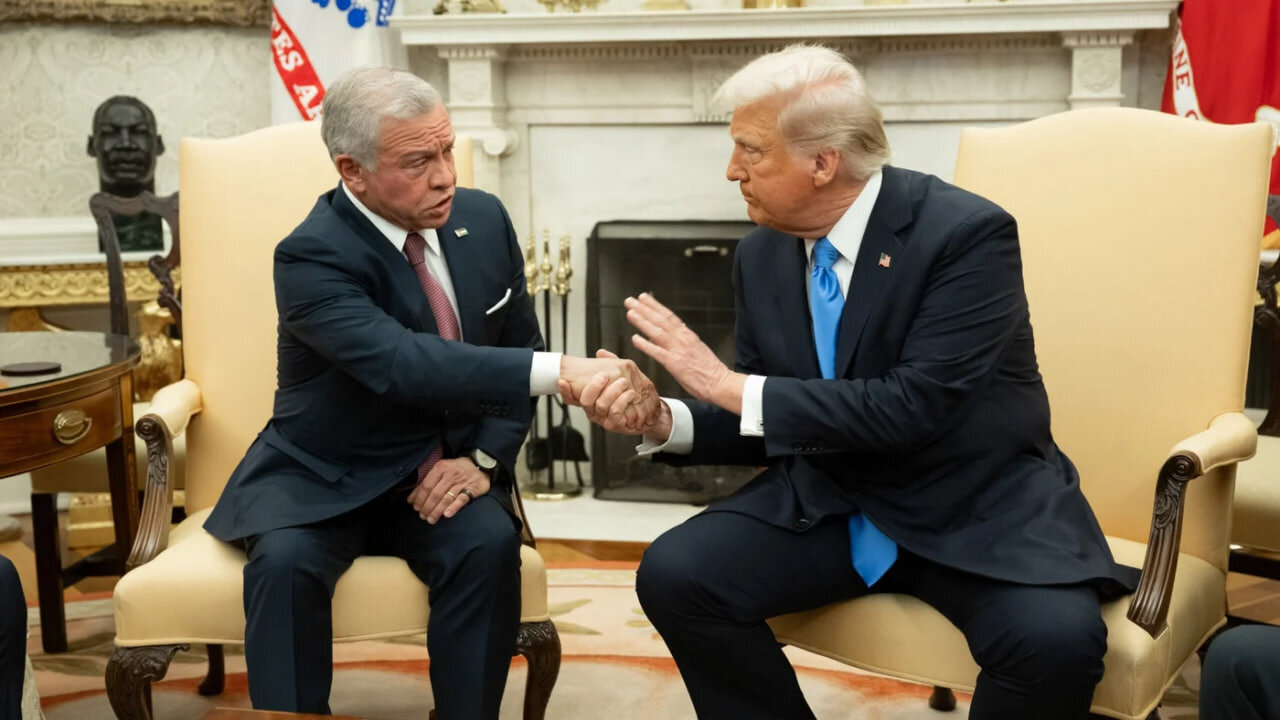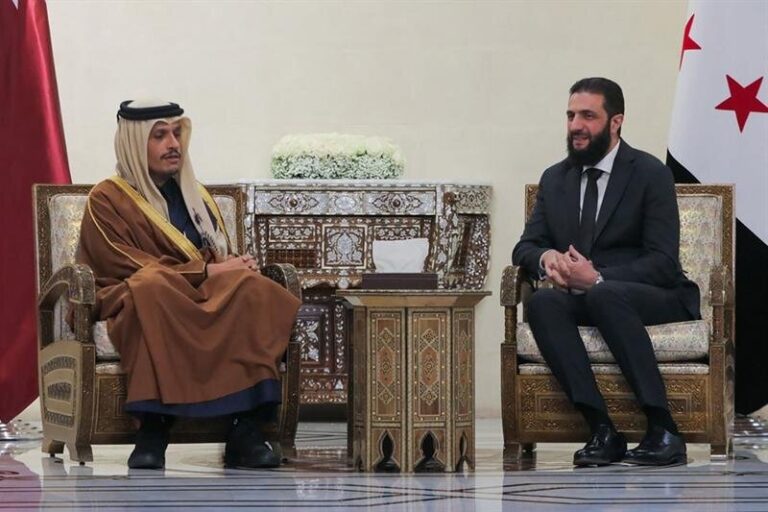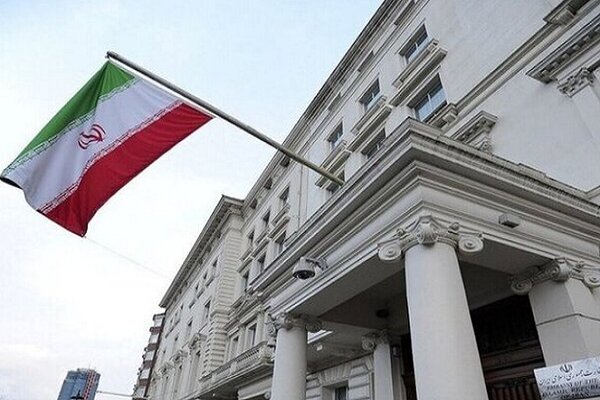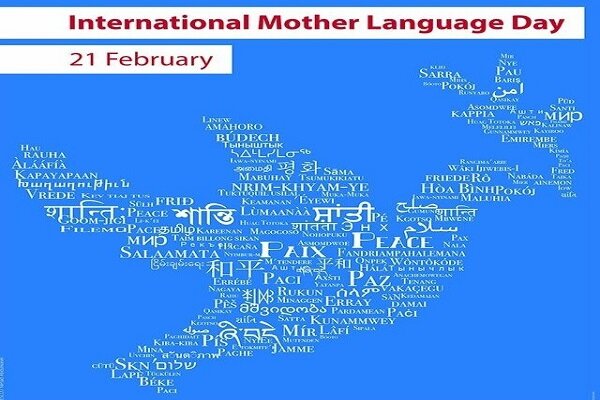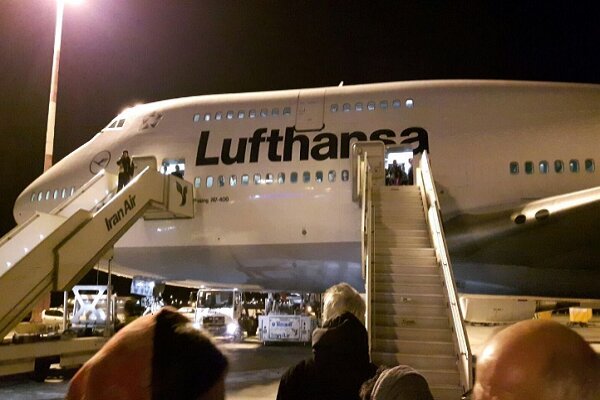Unpacking the Existential Threat: How Trump’s Plans Could Impact Jordan’s Future
During his 25-year reign, King Abdullah of Jordan has faced numerous challenges, but none quite as intense as his recent visit to Washington. This week, the monarch sat alongside Donald Trump, observing as reporters questioned the president about his controversial plans regarding Gaza. The discussions have raised concerns internationally, with many labeling Trump’s proposals as a form of “ethnic cleansing” aimed at Palestinians.
Trump has been vocal in suggesting that both Jordan and Egypt should absorb expelled Palestinians as part of his strategy to “own Gaza.” However, King Abdullah’s stance on this issue has been clear and unwavering: such a move is unacceptable for Jordan.
- Expert Opinions: Andreas Krieg, an assistant professor at King’s College London, stated, “A large-scale displacement of Gazans to Jordan is going to be the death knell for the Hashemite monarchy in Jordan.”
- Demographic Impact: If Trump’s plan were to go into effect, it would drastically change the demographic landscape of Jordan, where approximately half of the 11.5 million residents are of Palestinian descent.
- Historical Context: Annelle Sheline, a former US State Department official, highlighted that past efforts to displace Palestinians from their homeland have shaped Jordan’s identity significantly since 1948.
Sean Yom, an authority on Jordanian politics, noted the fragile relationship between East Bankers and Palestinian Jordanians, emphasizing that identity politics could easily inflame tensions. “There has not been any overt communal violence for a half-century, but fundamental questions about who belongs in Jordan still hang over this relationship,” he explained.
Referring to a particularly dark moment in Jordan’s history, Yom pointed to the civil strife of 1970, known as Black September, when the Hashemite regime suppressed Palestinian factions that it perceived as a threat to its rule.
Historical Claims and Political Implications
The idea of relocating Palestinians to Jordan has been a recurring theme among Israeli officials for decades. The slogan “Jordan is Palestine,” which emerged in the 1980s, falsely suggested that a Palestinian state existed on the east bank of the Jordan River, negating the need for a state in the West Bank.
Jordan has strategically refrained from granting citizenship to West Bankers since 1988 to counter the perception of the kingdom as an alternative homeland for Palestinians. The 1994 Wadi Araba Treaty, which established diplomatic relations between Israel and Jordan, explicitly prohibits mass population transfers, underscoring Jordan’s commitment to maintaining its demographic integrity.
Avi Shlaim, a British-Israeli historian, stated, “This article was inserted to protect Jordan from the threat of what was called ‘demographic aggression’ – the flooding of Jordan with Palestinians from the West Bank.” He warned that a large influx of Gazans would exacerbate existing tensions between East Bankers and Palestinians, destabilizing the monarchy.
Trump’s comments about withholding US aid have raised alarms. Jordan receives approximately $1.45 billion annually in aid, which is vital for its development programs. However, officials in Amman have indicated a willingness to forgo this support if it means protecting Palestinian self-determination.
- Jordan’s Stance: “The Jordanians realize that while they need to retain their American support, it cannot come at the cost of sacrificing Palestinian self-determination,” said Yom.
- Trade Relations: The US-Jordan Free Trade Agreement, effective since 2001, facilitated significant trade between the two nations, amounting to $6.4 billion in 2022.
- Unity Against Displacement: Yom highlighted that Trump’s proposal has united various factions within Jordan, including tribal communities and Palestinian refugees, in opposition to the plan.
Domestic Tensions and Regional Pressures
Since the onset of the conflict in Gaza, Jordan’s leadership has faced mounting pressure to take a firmer stance against Israel. Large protests have erupted, particularly in the capital, demanding action and criticizing perceived complicity in defending Israeli interests.
As Jordan continues to navigate these complex dynamics, the prospect of accepting a substantial number of displaced Palestinians could be seen as a betrayal of its population, potentially igniting widespread unrest.
Krieg cautioned that such an influx would likely lead to significant protests and could even trigger a revolt akin to the Arab Spring. The political landscape in Jordan is already shifting, with the Islamic Action Front, the political arm of the Muslim Brotherhood, gaining traction by aligning itself with strong pro-Palestinian sentiments.
Sheline asserted that if Israel were to forcibly relocate a large number of Palestinians into Jordan, King Abdullah would face a critical choice: either respond militarily or risk being overthrown. “This could lead to armed resistance manifesting in Jordan,” she warned.
Recent incidents of violence have already raised concerns. In September, a Jordanian individual killed three Israelis at the Allenby crossing, and subsequent cross-border attacks have further strained relations. Krieg noted that the arrival of displaced Palestinians from Gaza could catalyze the formation of resistance groups within Jordan, turning the nation into a frontline against Israeli actions.
In summary, the ramifications of Trump’s Gaza plan are profound, potentially reshaping Jordan’s political landscape and threatening the stability of the monarchy. As tensions rise, the world watches closely, aware that the region’s future may be at stake.
(Source: Middle East Eye)
